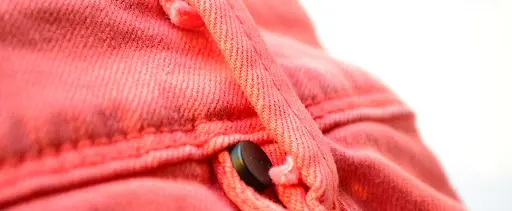Container availability and rising wage costs may impact on recyclers well into 2022. We are drawing towards the end of what was has been a very challenging year and I am reflecting on what has actually happened across the months.
Read more market updates in our latest issue >>
Throughout 2020, the shipping crisis grew and grew. By the start of 2021 the cost of obtaining containers had more than doubled and shipments that would normally take weeks were by then taking months. Throughout this year, prices have continued to rise and it is still very difficult to get hold of containers.
Also at the beginning of the year, many countries were in one form of lockdown or another and continued so for a large part of the year. Some restrictions remain in place and there is always the threat of new ones. In part these lockdowns have been cited as a cause of staff shortages that have been seen in many countries and many sectors. People have moved to be closer to their families or have changed jobs as the economy has picked up.
Wage inflation caused by efforts to retain staff and encourage workers back into the sector is now a significant issue that is impacting on used clothing/textiles collectors and processors. Everyone hopes that the worst of the pandemic will be over by the middle of 2022 but I suspect its effects will linger for longer and be more prevalent in some parts of the world for years.
BREXIT HEADACHES
On a more local level within Europe, 2021 was the year when the UK eventually left the EU single market. Despite the EU and UK Governments telling businesses on both sides of the English Channel to prepare, the reality is that the Brexit agreement was only published on 24 December 2020, so there was only the week that included Christmas and New Year to make meaningful and informed preparations.
Whilst businesses on both sides of the Channel may now be used to the paperwork, there are still many unresolved issues and recyclers are still finding that some customs officers are incorrectly interpreting Country of Origin rules and insisting that levies be placed on used clothing coming into the EU from the UK.
The fact is that all new clothing imported into a country to be sold will be shipped in under a specific product code and any used clothing going out from that country will be shipped under a completely new product code (6309). In other words, the clothing has legally become a new different product (i.e. used clothing) in the country where it was bought, used, deposited and prepared for re-use. Officials in the UK and EU need to pull their finger out and get this obvious issue sorted.
There was good news for British recyclers in early November with the conviction of two people for conspiracy to steal clothing and textile collection banks. It marked the dismantling of a major criminal enterprise covering a wide area of the UK. Over the years, the loss of revenue to charities, the local tax payer and of course the TRA members whose banks were stolen added up to eye-watering amounts. We are very grateful to the police and the judiciary for their hard work in bringing these people to justice.
EPR MOVEMENTS
Finally, I think it is worth taking a look at what will and what might happen in 2022 with regards extended producer responsibility (EPR) on clothing and textiles. New legislation is due to come into force in Sweden on 1 January 2022. This means that after all these years we will be able to say that there are now two countries in the world that have such a scheme (France being the other). However, it will take time to phase in the scheme in Sweden and licensed collections that will benefit from EPR are not expected to start before 2024.
Several other countries are also expected to advance their plans. The Netherlands intends to introduce EPR in 2023 whilst the EU itself is considering a regulatory framework that member states should uphold. Outside the EU, the UK has committed to completing a review on EPR on clothing and textiles by the end of 2022.
At the same time, the landmark Environment Bill is expected to clear its last hurdles in the UK parliament which would make the introduction of the EPR scheme possible.
Roll on 2022.
Don't hesitate to contact us to share your input and ideas. Subscribe to the magazine or (free) newsletter.



